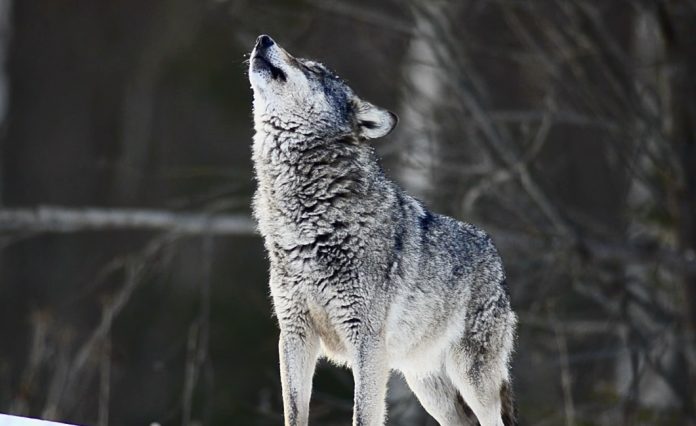
Take Action To Urge The U.S. Forest Service To Ban Shooting Wolves From Helicopters In Idaho
You can help all animals and our planet by choosing compassion on your plate and in your glass. #GoVeg

You can help all animals and our planet by choosing compassion on your plate and in your glass. #GoVeg